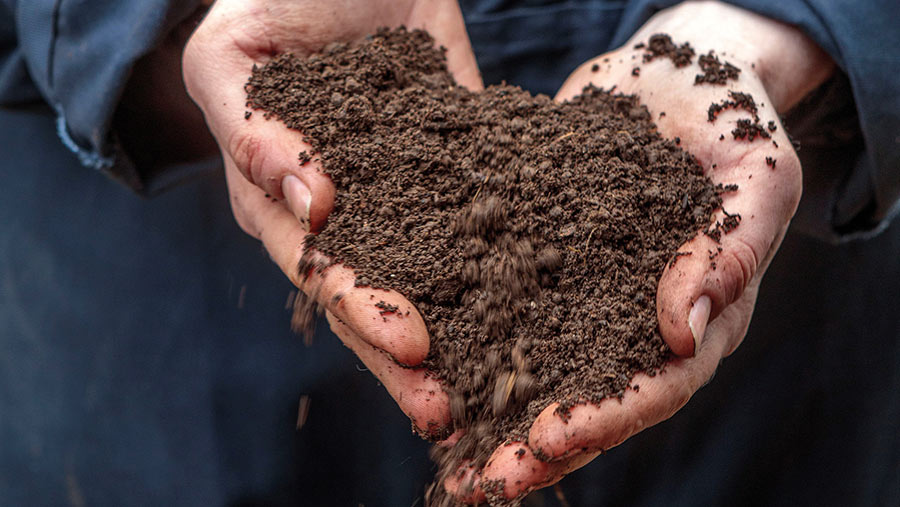Environment

Kathmandu Metropolitan City, led by Mayor Balendra Shah, is trying its luck with composting to manage the heaps of biodegradable waste generated in the city daily.
The city is currently carrying out a pilot project in its waste collection station at Teku with technical assistance from Safa Urja Pvt Ltd, a private company working in the field of a clean and sustainable environment.
According to the Assistant Director of the Environment Management Department, who has been overseeing the composting project at KMC, Sanu Maiya Maharjan, the pilot project will complete in about 40 to 60 days depending on the atmospheric temperature.
Small-scale projects of composting have been done for decades but nothing of the scale of hundreds of tons has been carried out yet, so the KMC is carrying out the pilot project “to check the feasibility of the project at large scale”.
“We have been using around 12 tons of biodegradable waste collected from different places around Baneshwor to make compost,” said Maharjan.
The metropolis generates over 1,200 metric tons of waste daily of which around 600 tons are biodegradable.
KMC has been dumping both of the wastes in the Banchare Danda landfill for years. But after the protests from the locals, KMC is looking into sustainable ways to manage waste and avert the waste management crisis.
The metropolis is also looking into biogas generation in its biogas digestor at Teku
Assistant Director Maharjan said: “We do not have any estimate on the costs of the project that will be built, or will that even be successful. We just wait and see what will the pilot project has for us.”
KMC for months now has been depositing biodegradable waste in Banchare Danda separately from the non-biodegradable for months now.
“The new big project could be built somewhere in the Banchare Danda,” said Maharjan, adding, “We hope the bottom of the pile we have been collecting has already turned into compost, which will be distributed to locals there.”
Banchare Danda landfill site has been constructed with a capacity of 40 years. Shortage of other land means the municipalities in the valley need to search for alternatives to reduce waste and increase the lifespan of the site.
Besides this, the metropolitan city is also undertaking a decentralised approach to minimise waste.
According to Maharjan, the metropolis has already constructed composting sites in three different parks in the city: Ratnapark (Sankhadhar Park), Sankhamul Park and Balaju Park.
“We want the parks in the valley not to produce any biodegradable waste like dry leaves. Instead, that waste can be upcycled as compost to be used in the park,” said Maharjan.
KMC has also been encouraging its residents to compost biodegradable waste for decades, and according to officials at KMC, the composting-at-home projects will be relaunched with adequate funds.
Around 10,000-12,000 subsidised composting bins have already been distributed to city dwellers since 2002, KMC is planning to distribute more in this fiscal year with a Rs10 million budget already allocated to this, said Maharjan.
Also read: Balen Shah’s biggest challenge: Ending Kathmandu’s garbage crisis. Here’re possible solutions
Also read: What on earth is garbage separation - as suggested by Mayor Balen Shah






